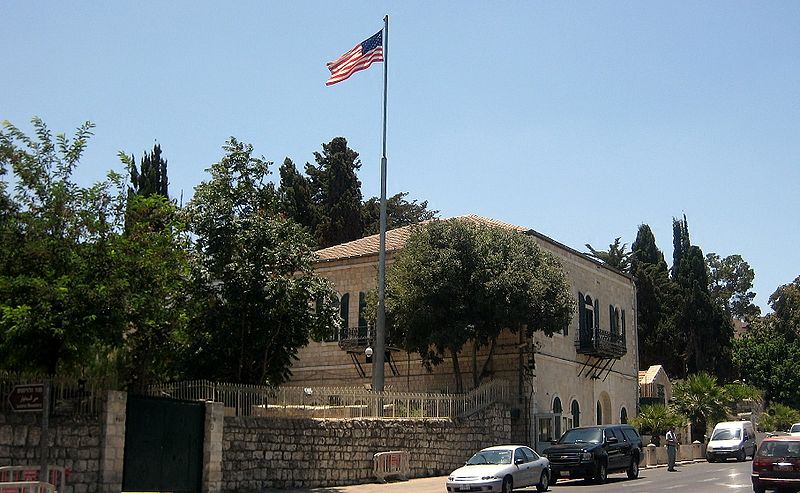Stirring the pot in the Middle East
The U.S. consulate in Jerusalem
December 8, 2017
The Middle East has long been an area of tension and unrest, and that tension spills around the world. On Wednesday morning, the United States decided to stir the pot.
On December 6th, President Donald Trump announced that the US would recognize Jerusalem as Israel’s capital and move the US Embassy there. The decision was based on a campaign promise from President Trump, who continually said that he would formally recognize Jerusalem as the capital.
“While previous presidents have made this a major campaign promise, they failed to deliver. Today, I am delivering,” Trump said in a speech Wednesday afternoon.
Mr. Trump explained that “I’ve judged this course of action to be in the best interests of the United States of America and the pursuit of peace between Israel and the Palestinians.”
The decision pleased many Israelis, since the country has been demanding the formal recognition for years. Palestinians, Arabs, and most of the international community, on the other hand, were frustrated.
Israeli Prime Minister Benjamin Netanyahu said Israel was profoundly grateful to Mr Trump, who had “bound himself forever with the history of the capital”.
He also stated that Israel was “in touch with other countries to follow suit”. He did not name any of these countries, although the Philippines and the Czech Republic have been mentioned in Israeli media, BBC reports.
The leader of Hamas, which dominates the Gaza Strip, has called for a “day of rage” on Friday and said it should “be the first day of the intifada against the occupier”.
Hamas members would be “fully ready” to “confront this strategic danger”, Ismail Haniya said in a speech in Gaza, BBC reports.
The decision to recognize Jerusalem as the capital of Israel has been a catalyzer for protests in the Gaza Strip. At least one person is critically injured, BBC reports, as Protesters set tyres alight and threw stones, and Israeli troops fired tear gas, rubber bullets and live bullets.
Trump’s meddling in this could be perilous for US foreign policy. In fact, the Organization of Islamic Cooperation (OIC) — which consists of 57 Muslim and Arab member states — condemned “illegal” measures to impose Israeli authority over Jerusalem “given the grave consequences and threats this presents to international peace and security.”, CNN reports.
Only history will tell the true impact of Trump’s decision. However, breaking ties with other countries to keep a campaign promise could turn out to be costly for the United States.





































